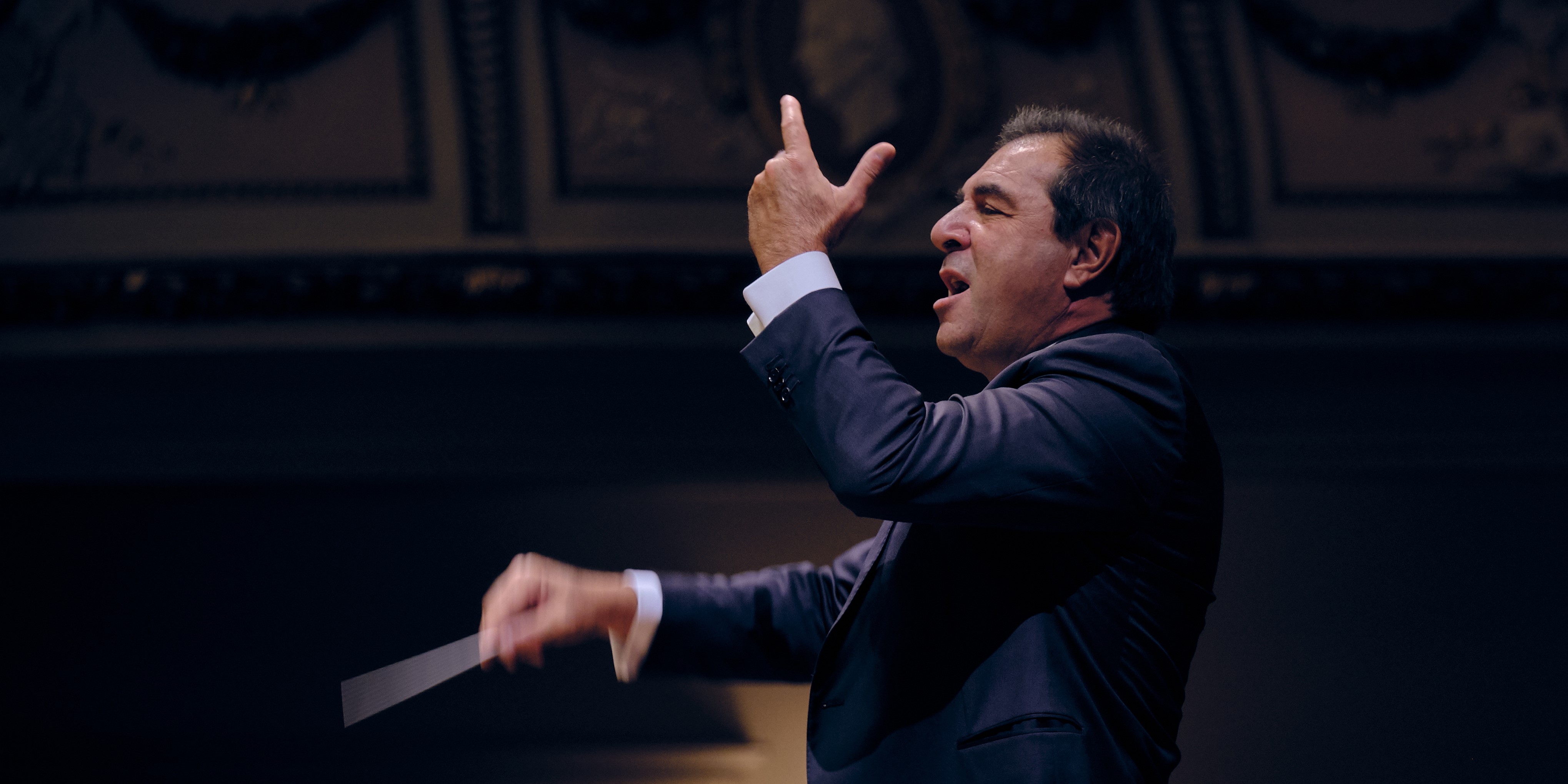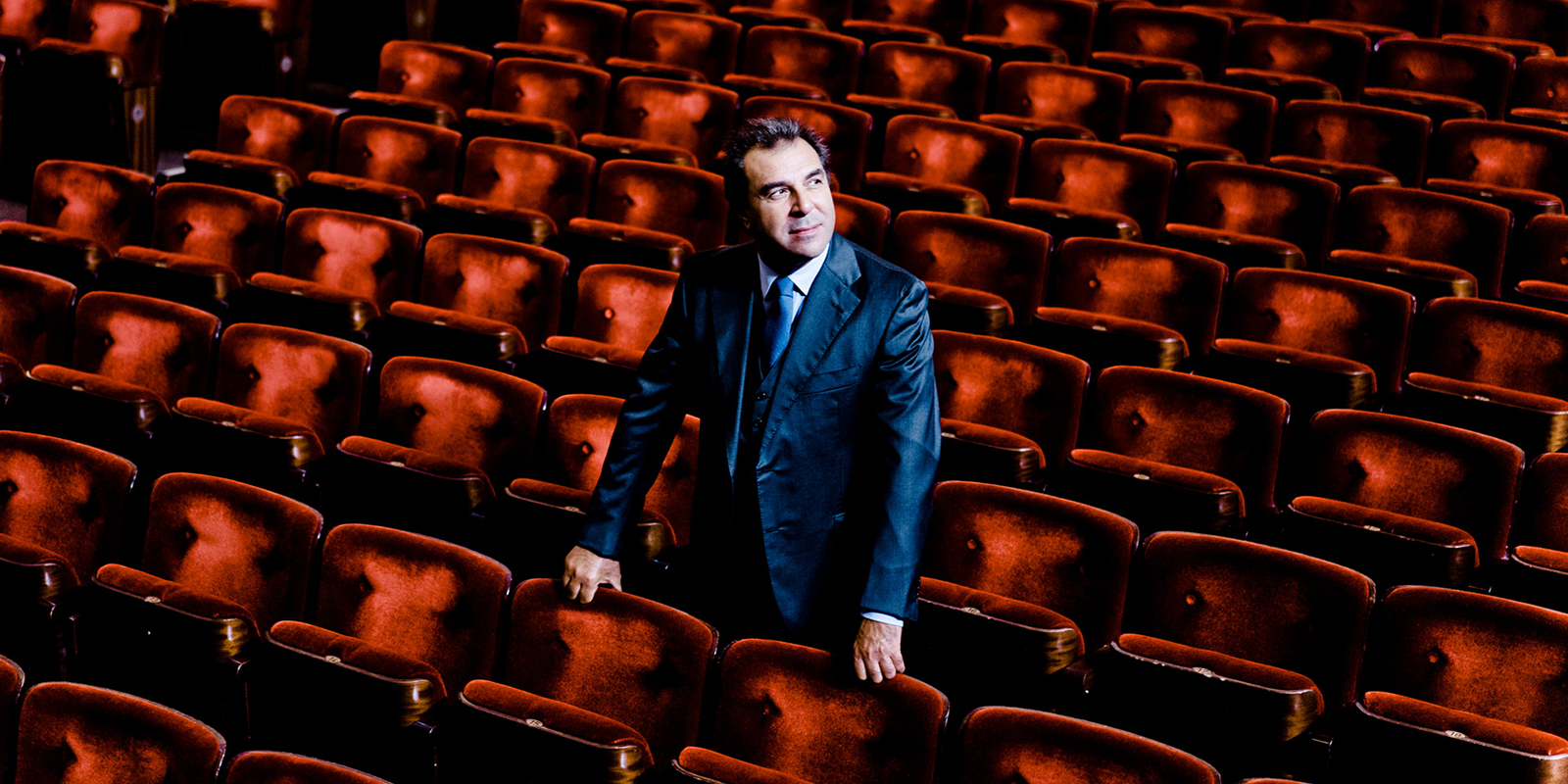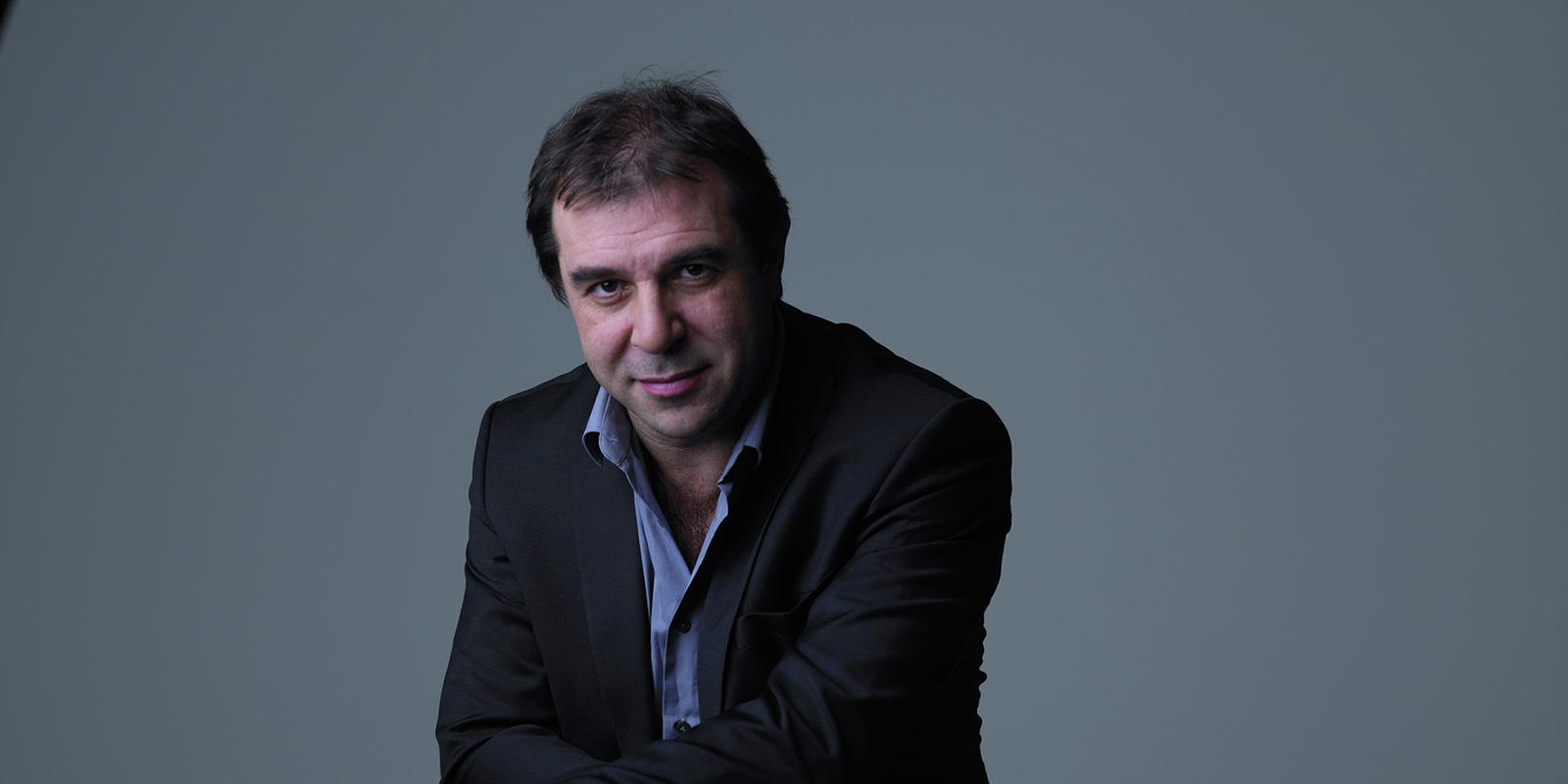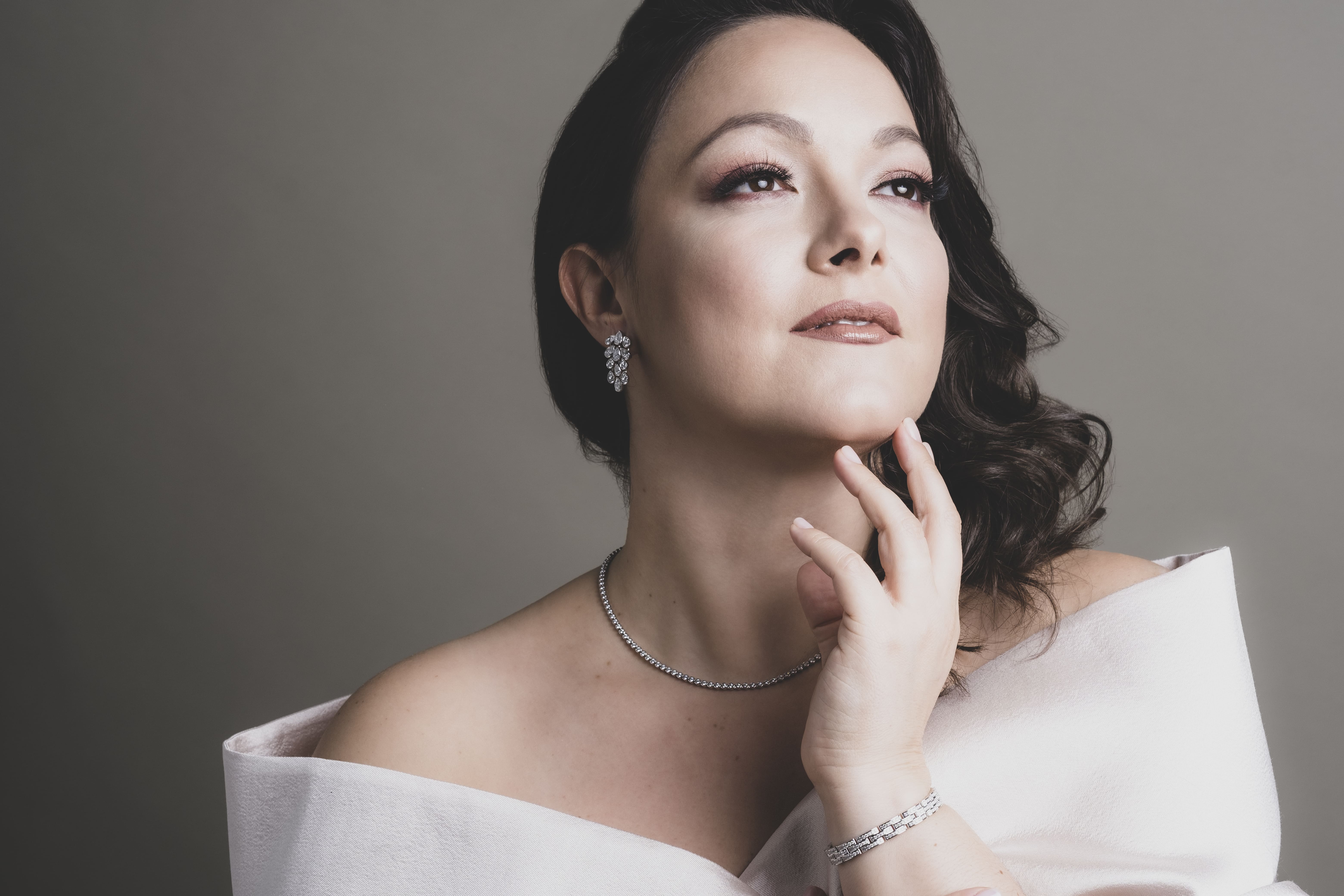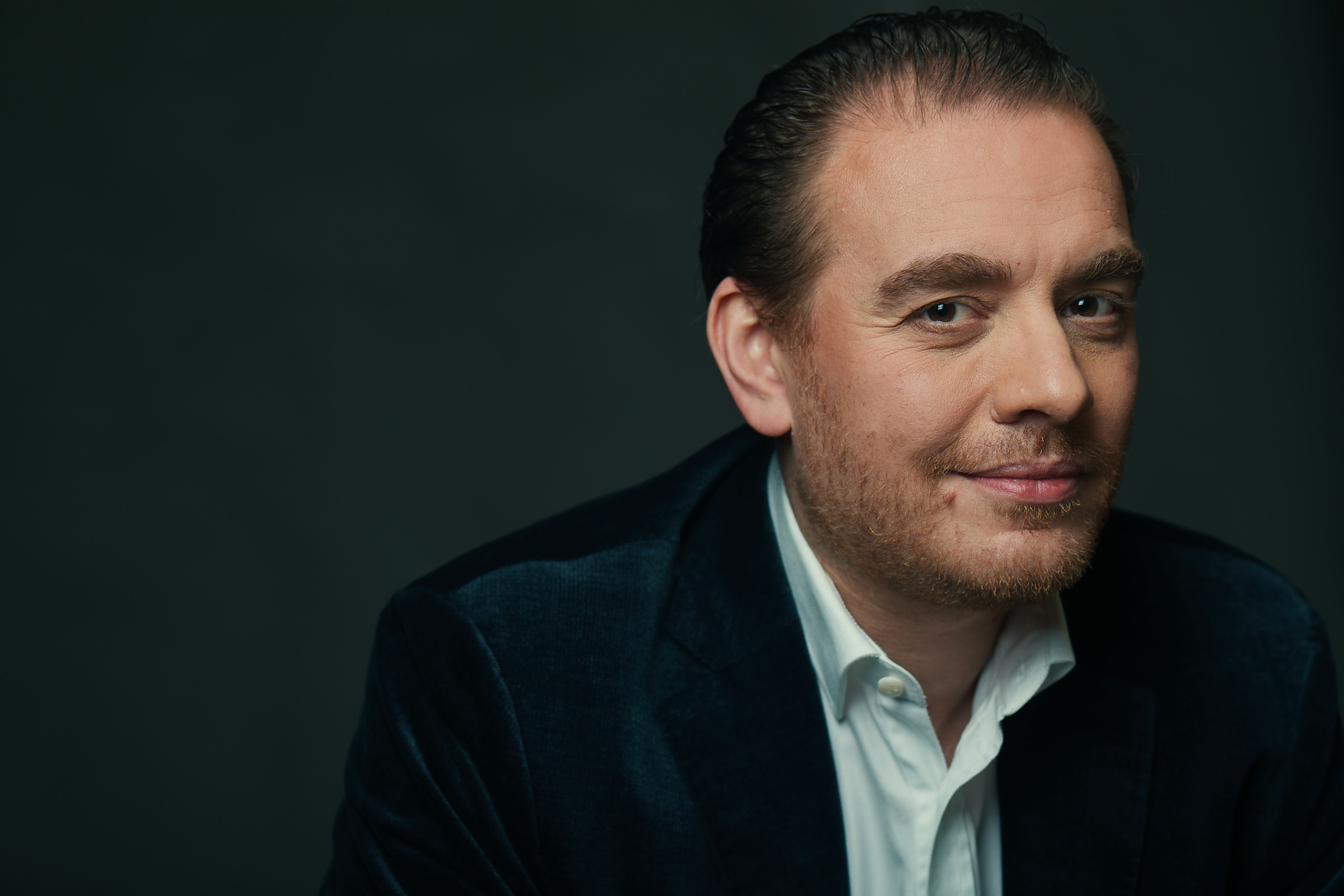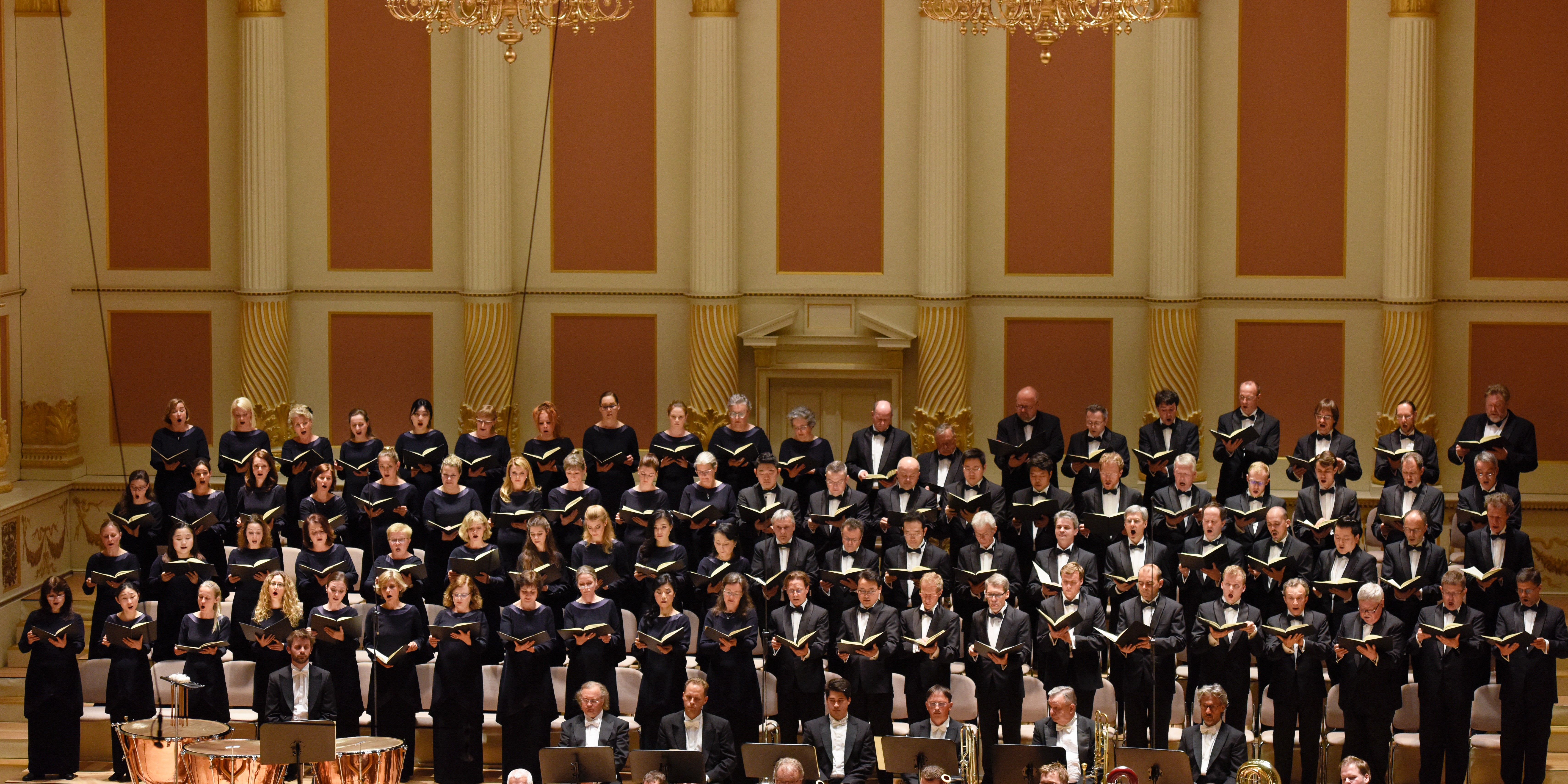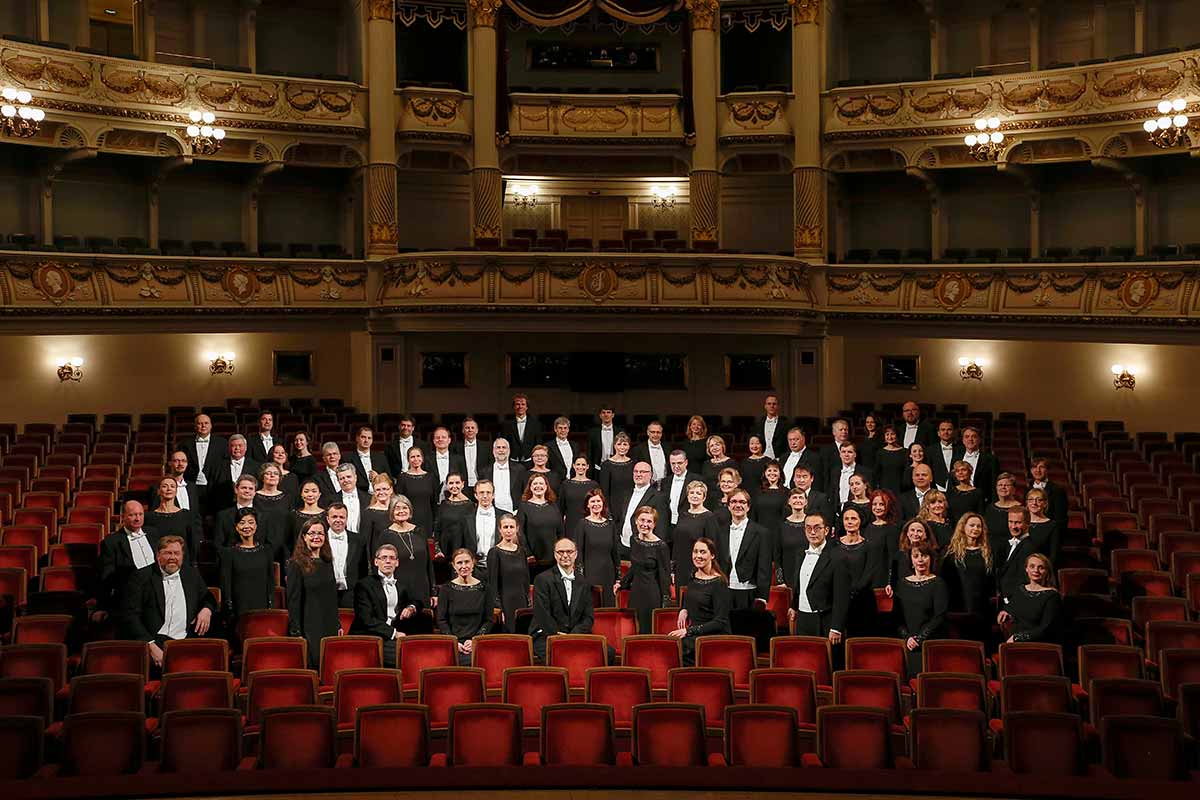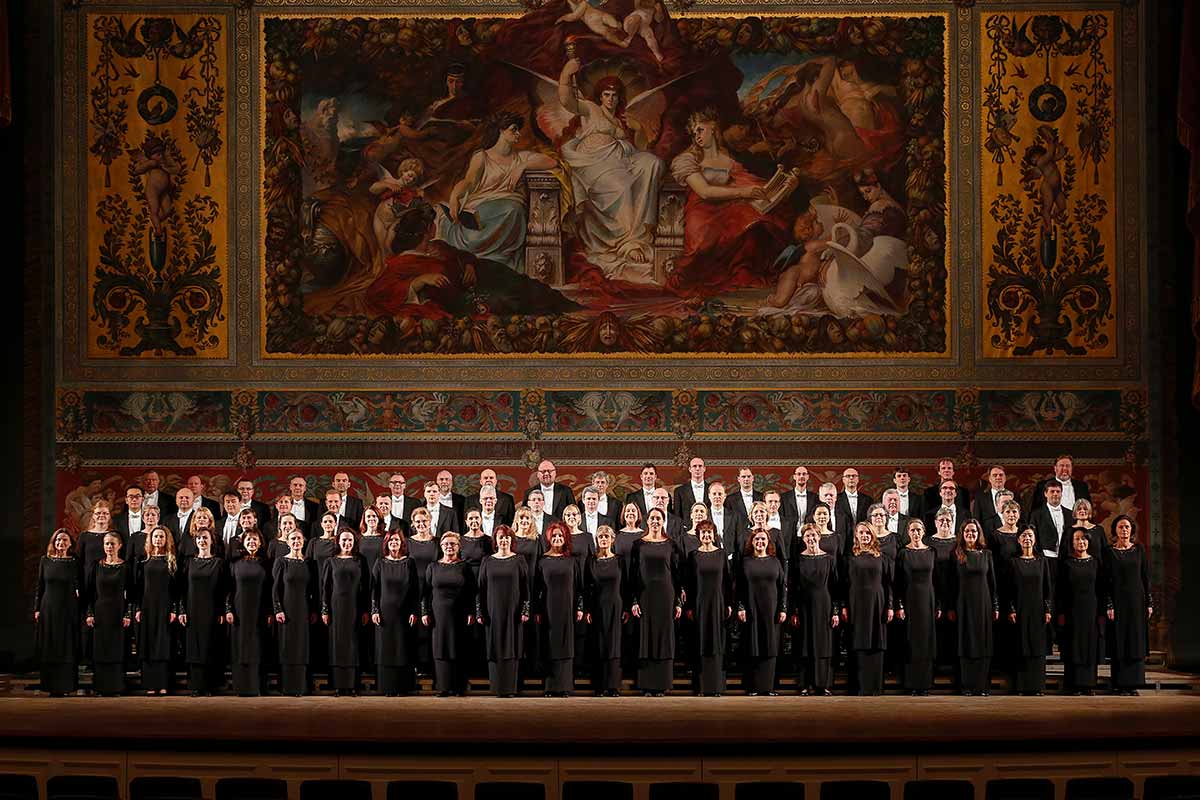Daniele Gatti
ConductorDaniele Gatti graduated as a composer and orchestra conductor at the Conservatorio Giuseppe Verdi in Milan. He is Chief Conductor of the Teatro del Maggio Musicale Fiorentino, Music Director of the Orchestra Mozart and Artistic Advisor of the Mahler Chamber Orchestra. From 2024 he will be Chief Conductor of the Sächsische Staatskapelle Dresden.
He was Music Director of the Teatro dell’Opera di Roma and he previously held prestigious roles at important musical institutions like the Accademia Nazionale di Santa Cecilia, the Royal Philharmonic Orchestra, the Orchestre National de France, the Royal Opera House of London, the Teatro Comunale di Bologna, and the Royal Concertgebouw Orchestra in Amsterdam. The Berliner Philharmoniker, the Wiener Philharmoniker, and the Orchestra Filarmonica della Scala are just a few of the renowned symphonic institutions he works with.
Some of the numerous and important new productions he has conducted include Parsifal staged by Stefan Herheim opening the 2008 Bayreuther Festspiele (one of the very few Italian conductors to have been invited to the Wagnerian festival) and four operas at the Salzburger Festspiele (Elektra, La bohème, Die Meistersinger von Nürnberg, Il Trovatore). He opened several seasons of the Teatro dell’Opera di Roma: La Damnation de Faust (2017-2018), Rigoletto (2018-2019), Les Vêpres Siciliennes (2019-2020), Il barbiere di Siviglia (2020-2021) and the world premiere of
Battistelli’s Julius Caesar (2021-2022). In 2023, as part of the 85th Festival of the Maggio Musicale Fiorentino, he conducted Falstaff and all the symphonies by Tchaikovsky. In summer 2025 he will return to the Bayreuth Festival for the new production of Die Meistersinger von Nürnberg.
Daniele Gatti was awarded the Premio “Franco Abbiati” from Italian music critics as best conductor in 2015, in 2016 he was awarded the Chevalier de la Légion d’Honneur from the French Republic for his work as Music Director of the Orchestre National de France and he was also awarded the Grand Officer of Merit of the Italian Republic.
Under Sony Classical he has recorded works by Debussy and Stravinsky with the Orchestre National de France, and a DVD of Wagner's Parsifal staged at the Metropolitan Opera in New York. Under the label RCO Live he has recorded Berlioz’s Symphonie Fantastique, several of Mahler’s Symphonies, a DVD of Stravinsky's Le Sacre du Printemps together with Debussy's Prélude à l'Après-midi d'un Faune and La Mer, a DVD of Strauss's Salome performed at the Dutch National Opera, a CD of Bruckner's Symphony n. 9 together with the Prelude and the Karfreitagszauber (Good Friday Music) from Wagner's Parsifal. In November 2019 a DVD of Wagner's Tristan und Isolde, staged at the Teatro dell'Opera di Roma, was released by C Major.
